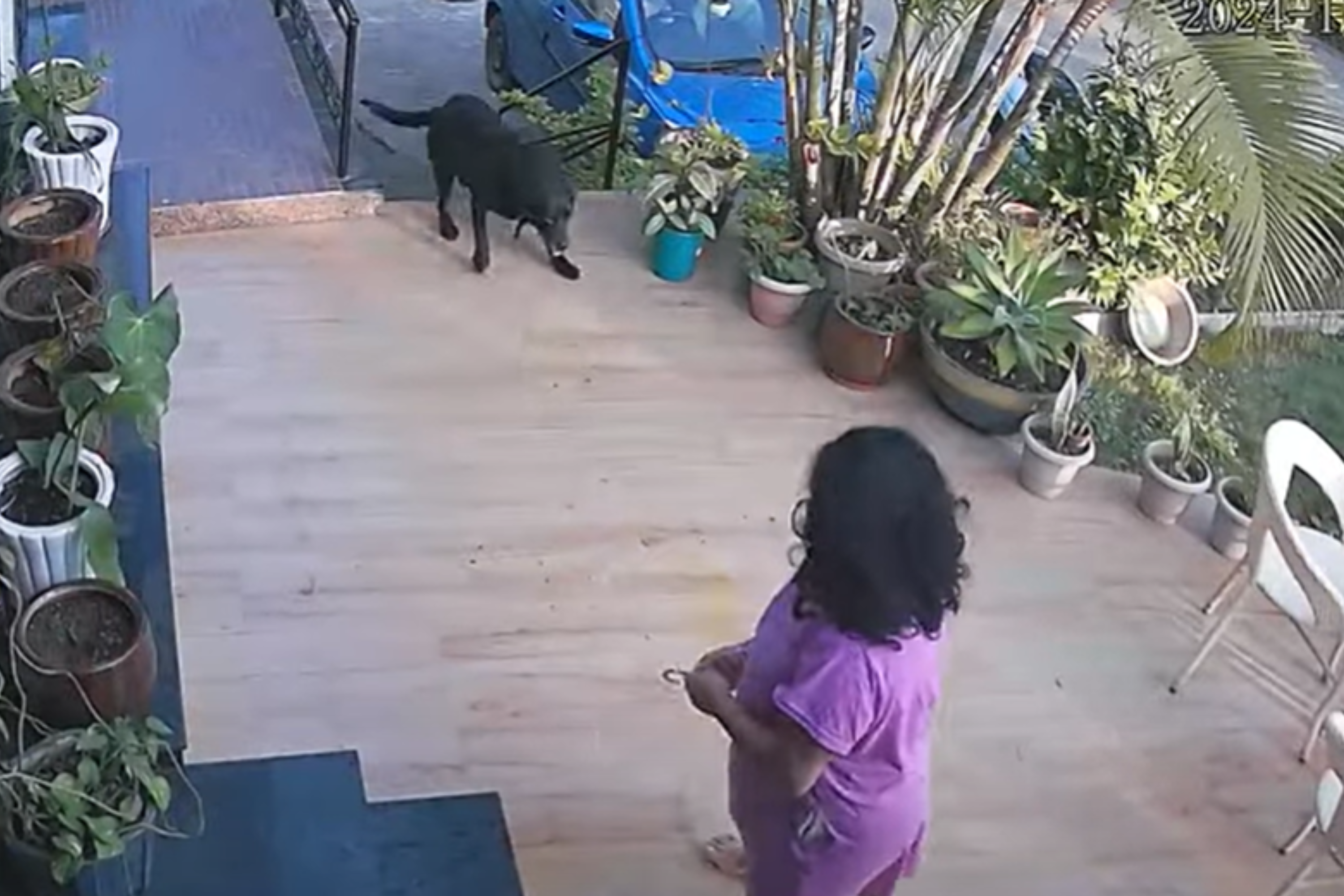A brand of chicken pasta is being voluntarily recalled across 15 states due to concerns it may be contaminated with a potentially deadly bacterium.
On October 9, manufacturer Seviroli Foods issued a voluntary recall for 1.36 million pounds of Chicken Alfredo Kits after the product was found to contain chicken contaminated with Listeria monocytogenes. This recall is still ongoing. Newsweek has emailed Seviroli Foods asking for comment on the contamination and information on how customers with affected products can get a recall.
The Food and Drug Administration (FDA) has now given this recall the highest risk level—Class I. This is applied in situations where "there is a reasonable probability that the use of or exposure to a violative product will cause serious adverse health consequences or death."

The affected products have been distributed to retailers across 15 states—New York, Georgia, Indiana, Oklahoma, Pennsylvania, Texas, Louisiana, Illinois, Missouri, North Carolina, Ohio, Wyoming, Minnesota, California and Florida.
The code numbers for the affected products are: 54238, 54239, 54247, 54248, 54249, 54252, 54263, 54264, 54265, 54266, 54274, 54275, 54281 and 54282.
Listeria monocytogenes is a species of deadly bacterium that when ingested through foods cause listeriosis. This can be particularly dangerous for the elderly, very young and those with weakened immune systems.
The Centers for Disease Control and Prevention (CDC) reports that 260 people die each year from listeria infection—the third leading cause of death from foodborne illness in the United States. Around 1,600 people are infected with listeriosis each year.
Chilled ready-to-eat foods, unpasteurized dairy products, precooked meats and precut fruits and vegetables are all foods that are more likely to be infected with listeriosis.
Unlike some other bacteria, listeriosis can survive refrigeration and other food preparation measures.
The FDA warns "people infected with L. monocytogenes may start to see symptoms in a few hours or as long as two to three days after eating contaminated food. More severe forms of listeriosis may take anywhere from three days to three months to develop." This variation is due to the fact there are two types of listeriosis—intestinal illness and invasive illness.
Symptoms of intestinal illness usually start within 24 hours after eating food contaminated with listeria and usually last for one to three days. Common symptoms of include fever, headaches, confusion and loss of balance. For those who are pregnant, these symptoms are not as severe as those who are not pregnant.
For nonpregnant people, almost 1 in 6 with invasive listeriosis die.
Invasive illness occurs when listeria bacteria spread beyond the gut. Symptoms of this usually happen within two weeks of eating food contaminated with listeria.
The symptoms of invasive illness usually include vomiting and diarrhea; however, these are usually mild.
Antibiotics can also be used to treat those with an invasive case of listeriosis.




















 English (US) ·
English (US) ·